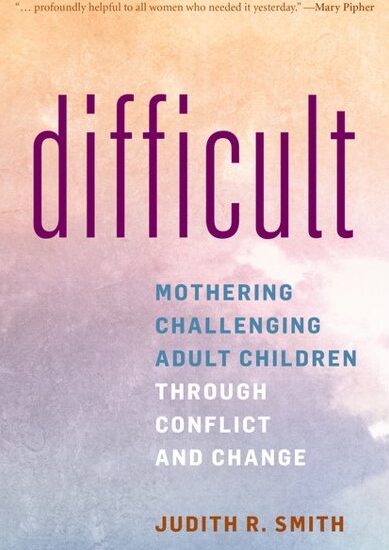
 In recent months, I have attended some very good presentations on human trafficking awareness. About a week ago I heard a presentation at the International Association of Forensic Nurses Scientific Assembly in Puerto Rico about trafficking and the role of the health care provider. I enthusiastically registered for this session because I thought it might shed some light on what health care providers– specifically nurses are supposed to do when they discover that their patient is a survivor of human trafficking.
In recent months, I have attended some very good presentations on human trafficking awareness. About a week ago I heard a presentation at the International Association of Forensic Nurses Scientific Assembly in Puerto Rico about trafficking and the role of the health care provider. I enthusiastically registered for this session because I thought it might shed some light on what health care providers– specifically nurses are supposed to do when they discover that their patient is a survivor of human trafficking.
What I did hear was what human trafficking is, the laws against trafficking in persons, how a survivors of trafficking might present or how they might behave in a clinical setting, and the many health risks imposed by this horrible crime. The presentation was informative and at the same time, a little disappointing. This presentation, like many others I have heard, fell short of telling the health care providers about the next steps–what to actually do when a trafficking survivor is sitting in front of you and seeking help.
In some presentations it is recommended to call the National Human Trafficking Hotline operated by the Polaris Project and based in Washington, DC. I am a subscriber to the Polaris Project’s e-newsletter and read in the September 28, 2012 issue that the Hotline has fielded 60,000 calls since 2007. Astonishing! I wondered, though, how can the Hotline help me as nurse in Florida when the person on the other end of the line is several states away? To answer my own question, I called 888-373-7888 to find out.
Not only was my call welcomed in a professional and respectful manner, I learned that the staff at the Hotline has access to databases of contact information for agencies and resources in every state. The person I spoke with sent me a file of documents specifically for healthcare providers. The resource that I found most helpful contained a handbook entitled, Caring for Trafficked Persons: Guidance for Health Providers, co-published by the International Organization for Migration, United Nations Global Initiative to Fight Trafficking (UNGIFT), and London School of Hygiene & Tropical Medicine. “Take-aways” from this document are to never try to rescue your patient especially when you do not feel safe. Sometimes it is not possible to rescue a patient because it is too unsafe or the patient refuses. The handbook recommends that providers know the types of services available for trafficking survivors in your community, which are reliable, and how to access them when you are ready to rescue a patient (e.g. social services, shelter, mental health, etc.). There is also a sample checklist for services and contact information to use as a guide.
As a retired police officer, I can tell you that calling 9-1-1 may not always be the best option when reporting a case of trafficking. Not all law enforcement officers and agencies are prepared to handle cases of trafficking in persons. Most first responders are unaware of how complex a trafficking case may be. As a retired Connecticut State Trooper with 20 years of service, I was not trained in human trafficking investigations. Few law enforcement agencies across the United States hold mandatory training on trafficking or have staffed trafficking units with detectives who are best prepared to respond and investigate. Law enforcement has come a long way in recent years but some states lag behind.
Policy drives how we are supposed to respond to human trafficking in our communities. Members of statewide task forces or commissions often draft policies that may later become state law. Health care providers can serve as members of a human trafficking task force to assist with policy development and to also network with others who could be key partners in effectively responding to cases of human trafficking. Be safe! Be prepared! Get involved!
Nancy Cabelus, DNP, AFN-BC, CHMP Senior Fellow









KAZ / November 22, 2012
Thanks Nancy; I walked away feeling the same way so sharing your information is quite helpful to me. You will be happy to know that CT DCF has been quite active on this matter.
/